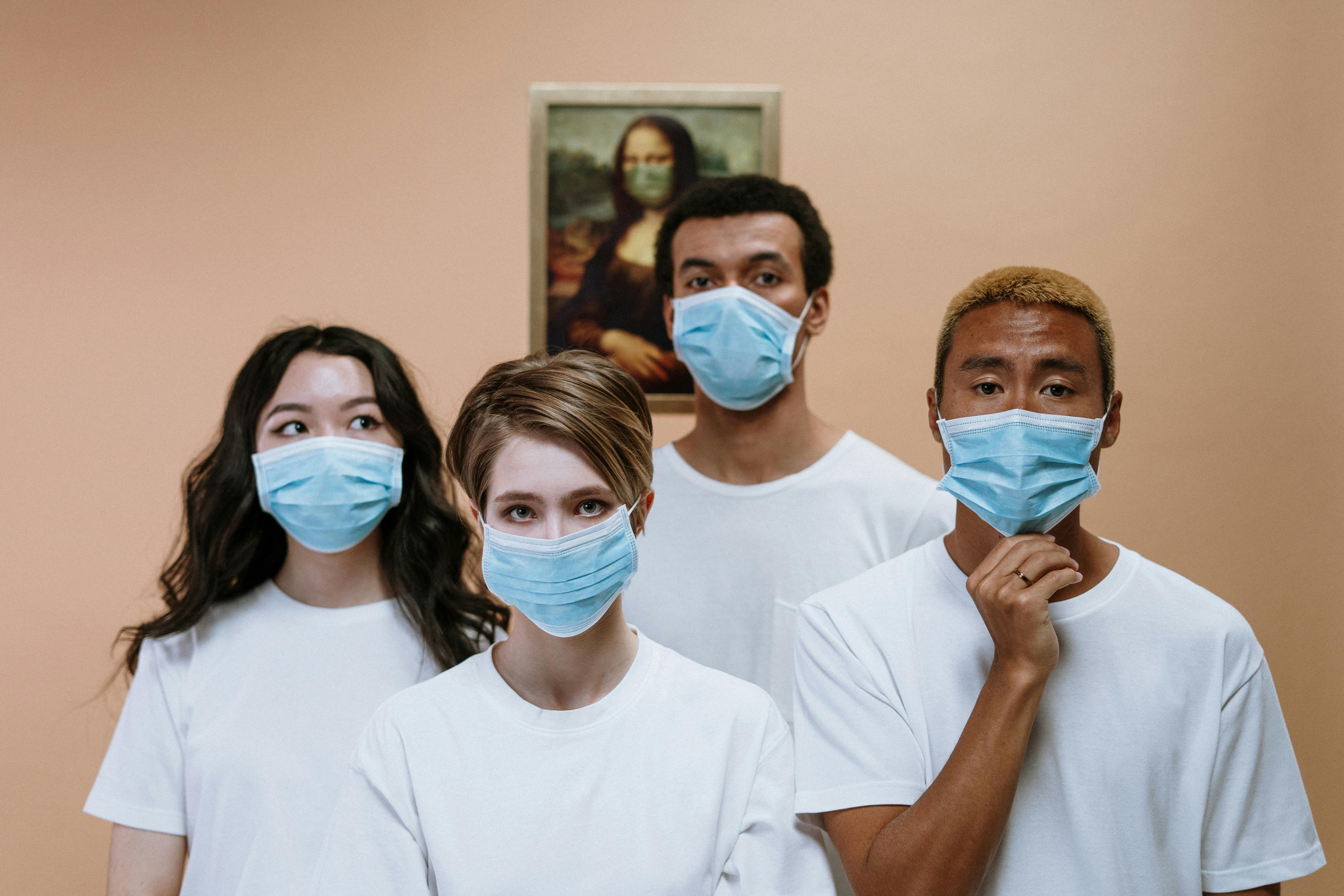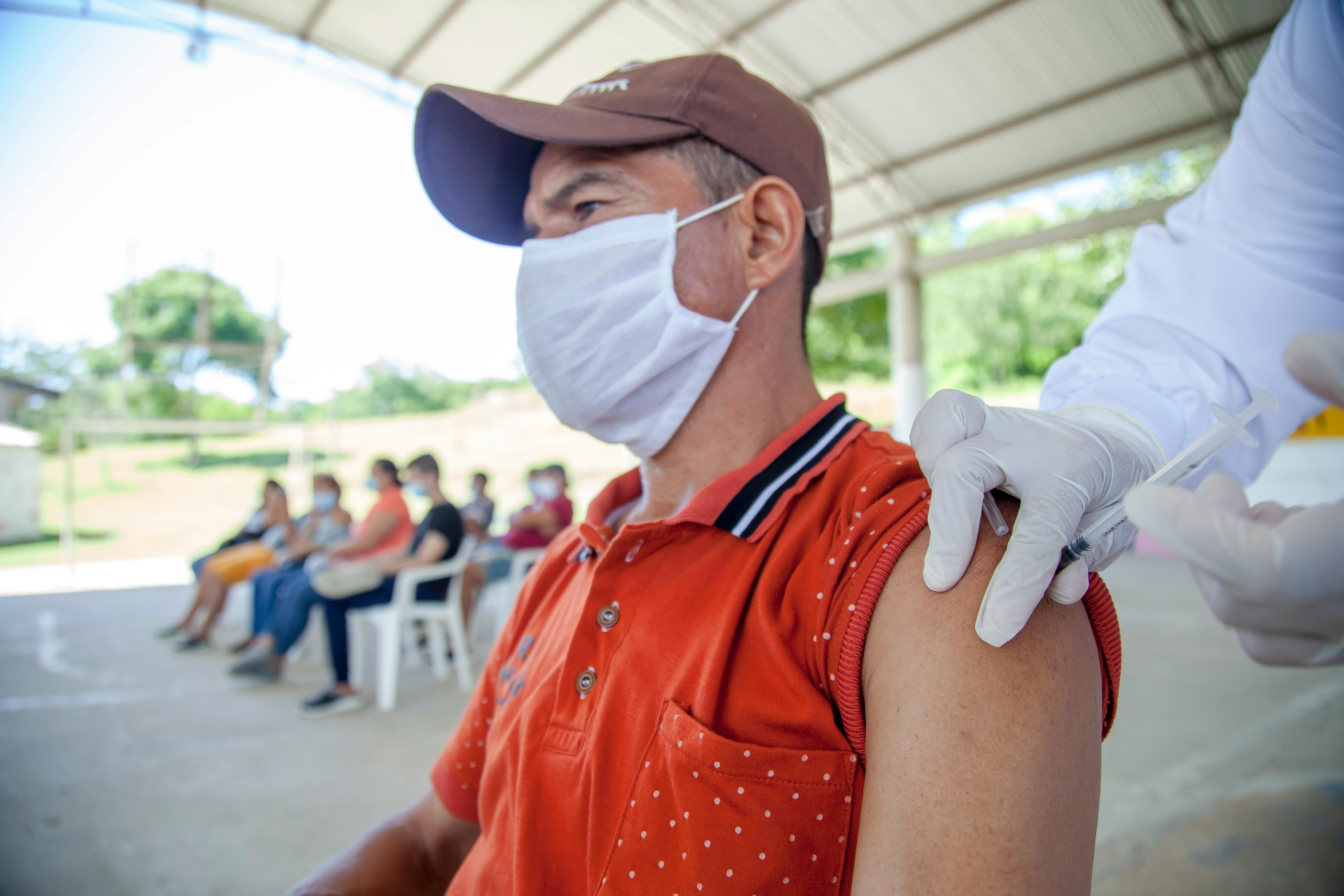Weighing 9 Perspectives on Saying Yes or No to COVID-19 Vaccination
As the world continues to grapple with the COVID-19 pandemic, the question of booster vaccinations has emerged as a critical point of discussion. Initially, vaccines were hailed as the silver bullet to end the pandemic, but the emergence of new variants and waning immunity over time has complicated the narrative. This has led to a global debate: should individuals opt for booster shots or not? The decision is not straightforward, as it involves weighing scientific evidence, ethical considerations, and personal circumstances. In this article, we will explore nine distinct perspectives that illuminate the complexities of making an informed decision about COVID-19 booster vaccinations.
Perspective One: The Science of Immunity

The scientific community has been instrumental in understanding how booster shots can enhance immunity. Studies have shown that while the initial vaccine doses provide robust protection, their efficacy can diminish over time, particularly against new variants. Boosters are designed to reignite the immune response, increasing antibody levels and potentially offering better protection against severe disease. However, the degree of benefit can vary based on factors such as age, underlying health conditions, and the specific variant in circulation. As research evolves, so does the understanding of how boosters fit into the broader strategy of managing COVID-19.
Perspective Two: Public Health Implications

From a public health standpoint, boosters are seen as a tool to curb the spread of the virus, particularly in high-risk populations. By enhancing immunity, boosters can reduce transmission rates, hospitalizations, and deaths. This perspective emphasizes the collective benefit of widespread booster uptake, which could alleviate the burden on healthcare systems and contribute to achieving herd immunity. However, this approach must be balanced with ensuring equitable access to vaccines globally, as disparities in vaccine distribution can lead to prolonged outbreaks and the emergence of new variants.
